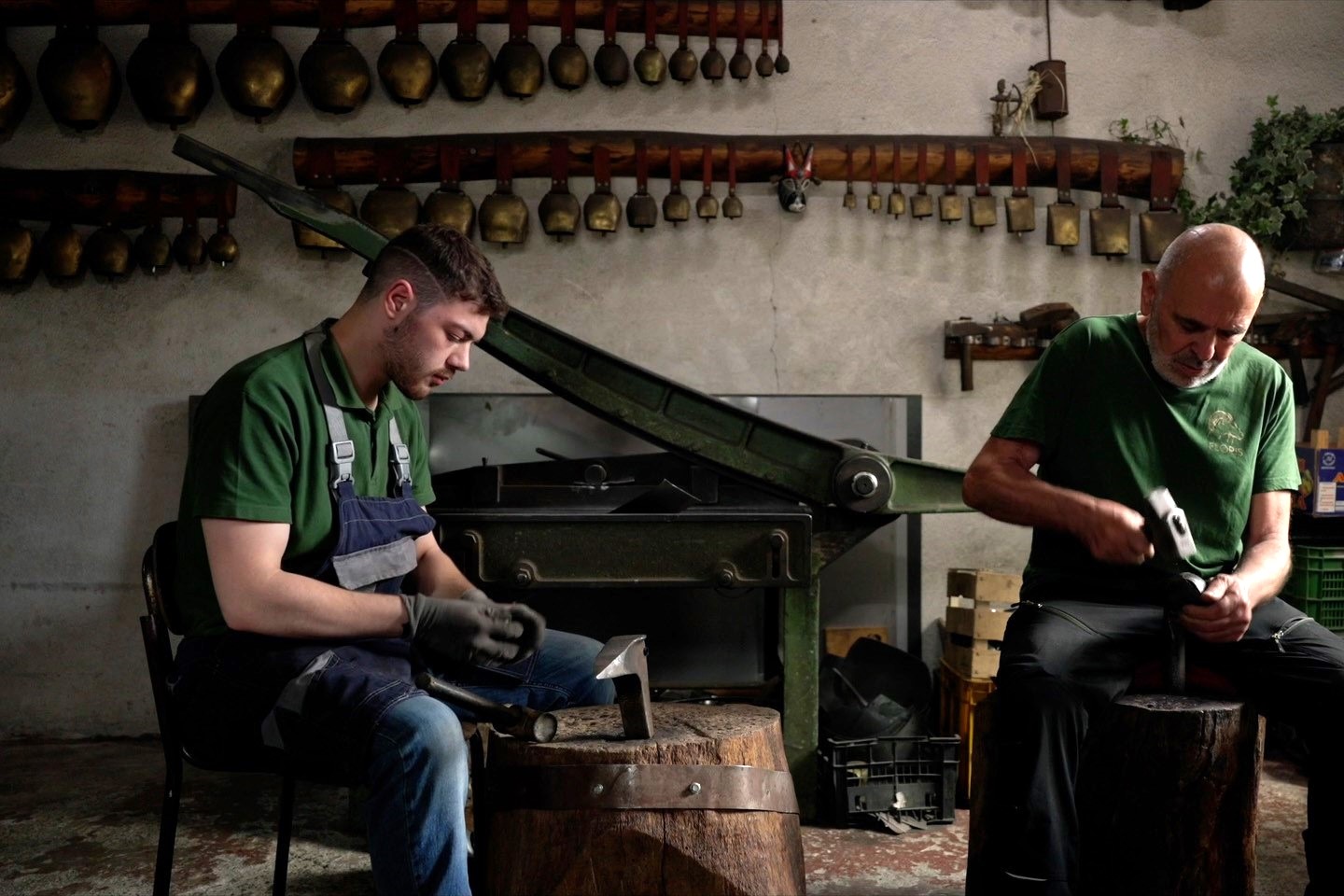For the fourth year in a row, the Castro Theatre in San Francisco is home to some of the most known Italian movies. Nevertheless, Cinema Italia has become a not-to-be-missed event not only for Italian film-lovers. The festival develops a one-day-only hectic program starting at 1pm, followed by two more movies before the party at the Mezzanine and the final screening at 10pm. We talked about the role that Cinema Italia earned over the last few years with Program Director Amelia Antonucci. We learned more about the history of Cinema Italia and what to expect for the future.
Amelia, what’s the story behind Cinema Italia?
Cinema Italia San Francisco started thanks to a big effort coming from an old friend, Sophoan Sorn, as festival advisor; Colpa Press as graphic interface; publicist Karen Larsen; a small group of volunteers, decorators, photographers; and myself of course. In 2014, Daniela Cilia joined us covering all the marketing and business development activities. Our strength relies on local institutional partners such as the Italian Cultural Institute thanks to Director Paolo Barlera. For the fourth year in a row, Cinema Italia San Francisco is presenting a series of Italian classic films in collaboration with the Istituto Luce Cinecittà and the commitment of Camilla Cormanni and Paola Ruggiero. The project started in 2013 and was foreseeing an evening at the Castro Theater, in one of the most beautiful San Francisco’s districts.
Why is it important to work close to Italian organizations?
Istituto Luce Cinecittà and the Italian Cultural Institute were very pleased to have worked with us and renewed their support in 2014 with Bertolucci’s movies and a third copy of The last Emperor, whose main actress, Joan Chen, also our guest of honor, had never watched before. In that circumstance, 1500 people gathered in only one day. We have slowly become a highly awaited event for film lovers and partner organizations. We have also attracted local sponsors, such as Centro 39 and Dorothy Torresi, who gave support with funds and gifts.
Which character of the Italian cinema, part of one of the previous editions, do you remember as a special one?
The first great author we presented was Pier Paolo Pasolini and it was an unexpected success. The Castro Theatre’s welcome was enormous and overshadowed the week at the Roxie. We also had Ninetto Davoli as special guest. Almost 1000 people joined a brand new program outside of the traditional pattern of museums, film societies and public institutions. A surprise for all, but especially for us!
The 2015 edition was also a great one in terms of attendance…
Last year we screened De Sica’s movies. Many in America thought of De Sica as the father of Neorealism because of “Ladri di Biciclette”, but we presented a new side of his productions. This remark was noticed also by the San Francisco Chronicle that praised us for the selection. Three comedies and a masterpiece (The garden of the Finzi Contini), with Lino Capolicchio as guest of honour, were seen by 3000 people. I would call it a huge success.
Can you tell us more about the 2016 edition?
We have a one full day, on September 24, celebrating Anna Magnani. All films are in 35mm and this is our exclusivity. We do not present DCP or digital but only all celluloid as they did at the New York Film Society in May. All copies are coming directly from the archives of Istituto Luce Cinecittà, except for “The Rose Tattoo” that UCLA Archives are loaning to us on a special concession. The program is small but important and we appreciate the attention and the patronage of the Italian American community. The 2016 edition is part of a major tour in the United States and Canada, starting at New York City’s Lincoln Center on May 18, 2016, traveling to Chicago in June, Los Angeles (American Cinematheque and UCLA) in August, and continuing in Houston, Columbus (Ohio), and Toronto in January 2017.
What will we be seeing of Anna Magnani?
The movies in which Anna Magnani acted, mostly directed by Rossellini, Pasolini, Fellini and Visconti, often are remembered as “Magnani’s movies” and have inspired generations of filmmakers around the world. Jean Renoir says of her: “She is the greatest actress that I worked with: she is entirely ‘animal’… An animal created for stage and screen.” Roberto Rossellini called her “the greatest acting genius since Eleonora Duse”. Tennessee Williams became an admirer and wrote “The Rose Tattoo” specifically for her to star in a role for which she received an Oscar in 1955.
What should we expect next year?
For 2017, we are considering to screen some Dino Risi’s movies, with a brand new copy of “ Il sorpasso”.
For information about schedule and tickets, visit http://www.cinemaitaliasf.com






























